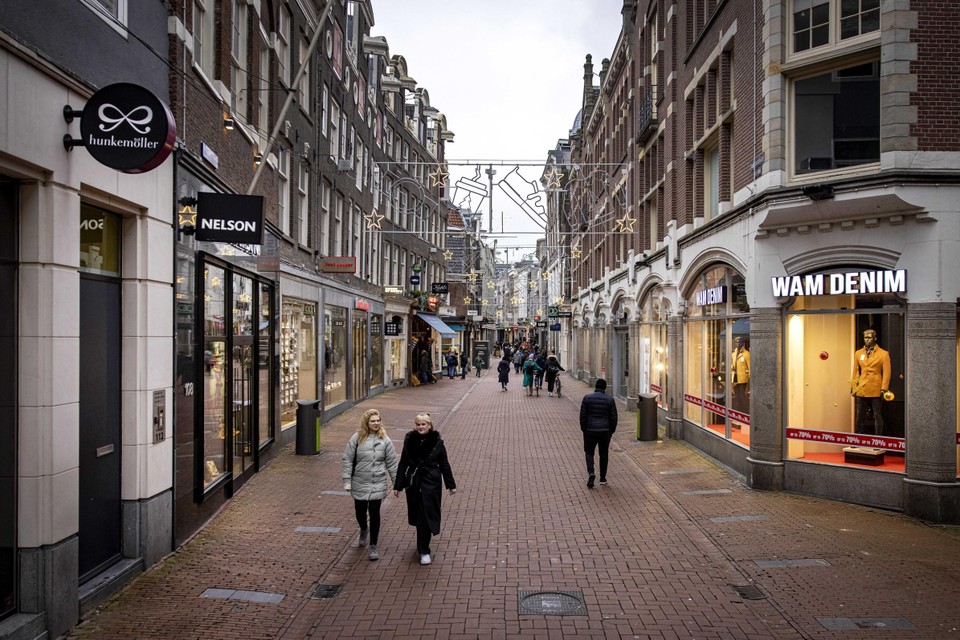The Netherlands will lift all coronavirus measures in three "big steps" over the next few weeks, announced Dutch Health Minister Ernst Kuipers during a press conference on Tuesday.
While the high infection numbers in the Netherlands, the number of hospital admissions remains stable, allowing the country to relax and even lift its measures.
"The country will open again," Kuipers said on Tuesday evening. "We are doing this in three steps. They are big steps, and we are taking them in quick succession."
Step 1: from today
The four-person limit on the number of guests allowed in people's homes expires immediately, meaning the Dutch can invite as many visitors as they want again.
The teleworking measure is also being changed: people are advised to work in the office maximum 50% of the time.
Step 2: 18 February
From Friday 18 February, the hospitality and culture sectors can remain open until 01:00 again (instead of 22:00 currently). The corona ticket – the Dutch version of Belgium's Covid Safe Ticket (CST) – must still be shown.
At events with fewer than 500 people, attendees no longer have to stay seated, and keeping a 1.5 metres social distance or wearing a face mask is no longer mandatory. For larger events, remaining seated and wearing a mask when moving around will remain required.
In higher education, classes and lecture halls may be completely full again.
Additionally, the isolation period after a positive test will be shortened from seven to five days, provided someone has had no complaints for 24 hours.
Step 3: 25 February
In the hospitality and culture sectors, closing times will no longer apply and the CST will no longer be needed for indoor events with fewer than 500 attendees. However, for nightlife and large indoor events, people will be required to show a negative test result before they will be allowed in.
Since outdoor venues do not fall under this regulation, however, football matches and outdoor events are freely accessible.
Additionally, the obligation to keep a social distance and wear a face mask will also be lifted. However, to enable vulnerable people to travel safely, it will continue to be compulsory to wear a mouth mask on public transport and at airports.
Related News
- Violence breaks out following Freedom Convoy protest in The Hague
- Netherlands partially lifts lockdown, bars and restaurants remain closed
- Thousands march against health measures in The Hague
The absolute basic measures – hand hygiene, staying at home and testing in case of complaints, ventilation – will remain in place for the time being.
"In the past two years, everything has revolved around protection from the coronavirus and access to care. There was no other way," said Kuipers. "Many people became seriously ill, many died, too many others had to wait for care. It has been a very difficult time, for the sick, for next of kin, for people in care, but also for all other Dutch people."
"The virus cast a shadow over our lives, made us lonely, and sometimes divided us," he said. "Fortunately, we are now in a different phase."
On 15 March, the Dutch Government will assess, among other things, the requirement to wear a face mask on public transport, the compulsory testing for access, and the teleworking advice.

